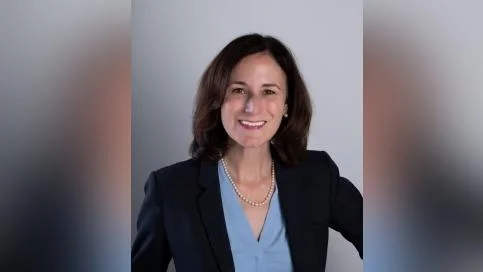Michele Beckwith Acting U.S. Attorney | U.S. Attorney for the Eastern District of California
Alma Garza, a 24-year-old resident of Fresno, was sentenced to six years and eight months in prison. The sentence was delivered by United States District Judge Jennifer L. Thurston. Garza was convicted of drug trafficking offenses involving fentanyl, cocaine, and methamphetamine. Acting U.S. Attorney Michele Beckwith was involved in announcing the verdict.
Garza was found guilty by a federal jury in September 2024 after a trial that lasted four days. She was identified as a trusted assistant to Horacio Torrecillas Urias Jr., also known as the self-proclaimed M30 King of Fresno. From November 2021 to March 2022, Garza conspired with Torrecillas Urias and others to source counterfeit fentanyl pills and large amounts of cocaine and methamphetamine from Mexico. These drugs were distributed to dealers within and outside California.
Among other activities, Garza mailed a package containing cocaine and methamphetamine to a co-defendant in New Mexico. Law enforcement intercepted the package before delivery. Additionally, she accompanied Torrecillas Urias to Sanger to deliver fentanyl-laced and methamphetamine pills, which were later seized by law enforcement. Evidence also showed that Garza transferred significant amounts of money to Mexican drug suppliers.
The United States charged Garza, Torrecillas Urias, and 17 others with drug trafficking. With Garza's sentencing, all defendants have now received their sentences.
The investigation was carried out by the Fentanyl Overdose Resolution Team, U.S. Postal Inspection Service, Clovis Police Department, Fresno County Sheriff's Office, California Highway Patrol, and Fresno County District Attorney’s Office. Assistant U.S. Attorneys Justin J. Gilio and Antonio J. Pataca prosecuted the case.
This case is part of Operation Synthetic Opioid Surge (S.O.S.), which aims to reduce synthetic opioid supply in high-impact areas and identify drug networks. The Justice Department launched S.O.S. in July 2018. It operates in the Eastern District of California and other federal districts.
The case is also part of the Organized Crime Drug Enforcement Task Forces (OCDETF) initiative. This program targets high-level criminal organizations through a collaborative approach. More information on OCDETF can be found at www.justice.gov/OCDETF.




